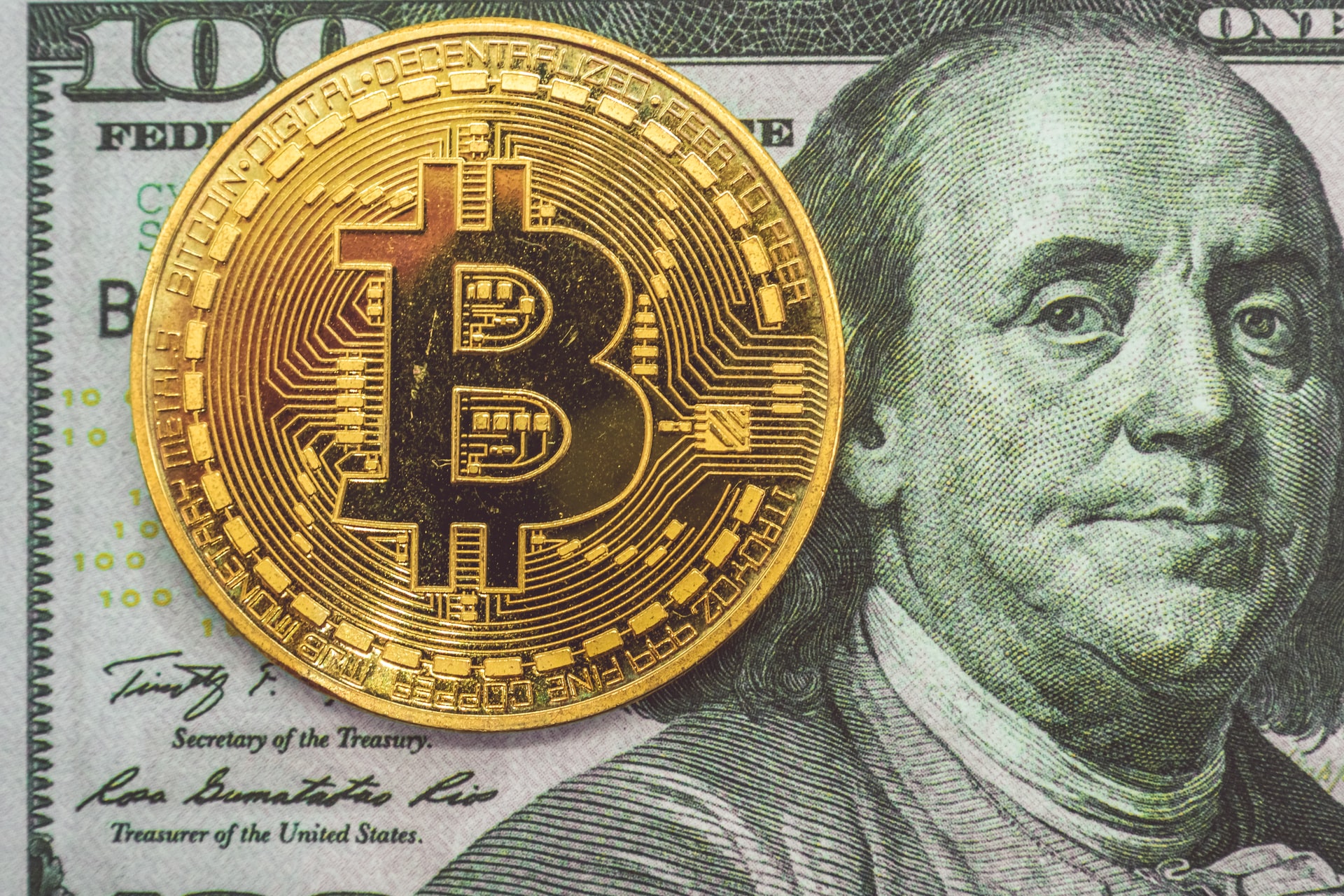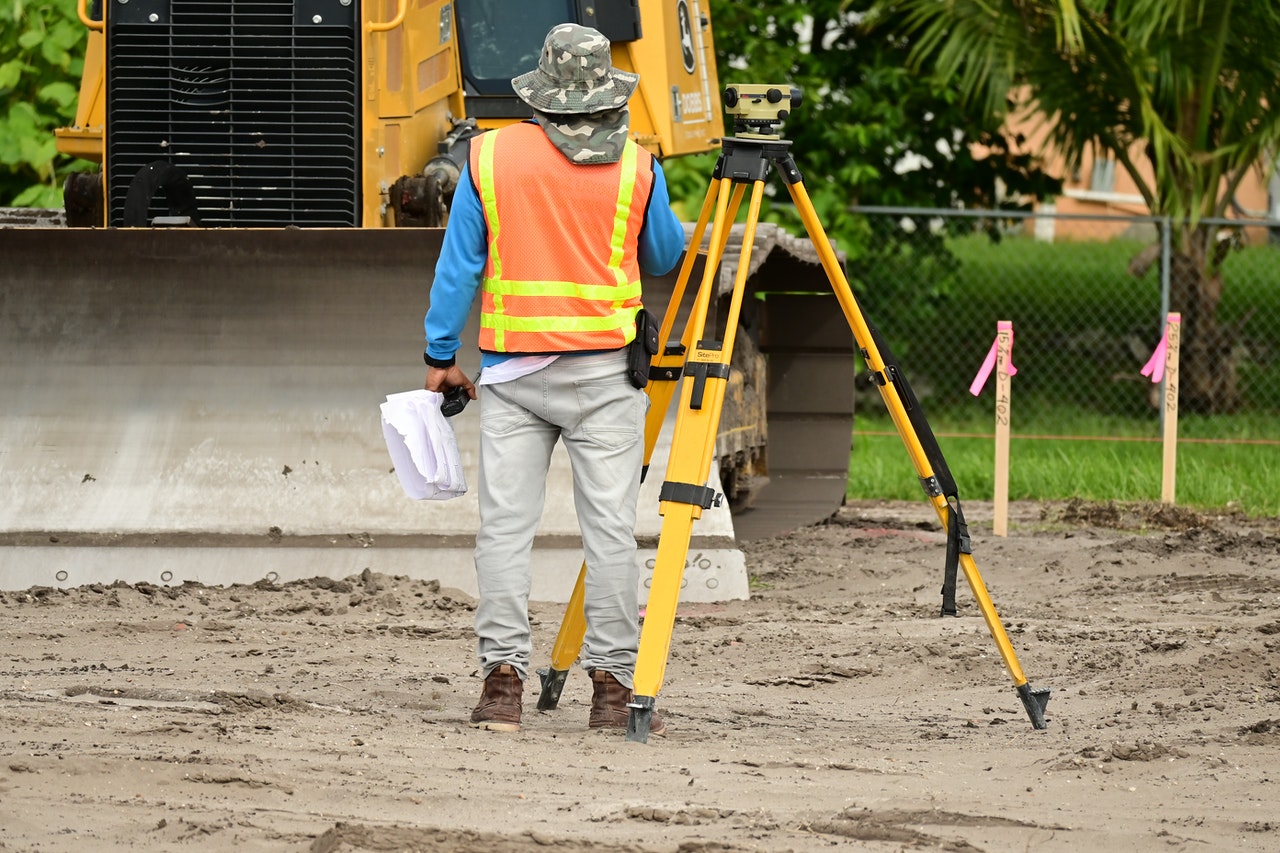Blockchain innovation has been here for a long time and is still very much in the limelight. Although there are some conflicting emotions about this innovation, nobody can deny its importance in the international economic environment. The innovation initially came to public attention as a result of bitcoin, a widely used cryptocurrency. Unfortunately, it has become far too overpriced and volatile in comparison to other digital currencies. But it’s the blockchain innovation that has drawn our interest, not Bitcoin. You may be curious how Blockchain has acquired such traction in recent years. With the help of bitcoin buyer app, we’ve compiled a list of the top Blockchain characteristics that have helped it become so popular!
Features Of Blockchain Network
Immutability
There are several interesting blockchain characteristics, but “Immutability” is without a question one of the most important aspects of blockchain innovation. But why has this technology remained untainted? Let us begin by linking Blockchain to immutability. Immutability refers to the inability of anything to be modified or changed. That is among the most important blockchain characteristics for ensuring that the technology remains as it is — an everlasting, unchangeable network. Blockchain technology operates in a somewhat different manner than traditional financial systems. Rather than depending on centralized authority, it guarantees the Blockchain’s characteristics via a network of nodes.
The virtual ledger is replicated on every node in the system. Every node must validate a transaction before adding it. If the large percentage agrees, it is recorded in the ledger. This increases openness and makes it impervious to manipulation. As a result, nobody can add further transaction blocks to Blockchain without the approval of a significant number of nodes. An additional aspect that supports the list of essential blockchain characteristics is that when transaction blocks are added to the database, they cannot be changed. As a result, no one on the network will be able to modify, remove, or modify it.
Quicker Settlement
Conventional banking systems may be sluggish because they need a considerable settlement period which might take several days. That’s one of the primary reasons why these financial institutions must modernize their banking infrastructure. We can address this issue by using Blockchain, which can complete money transactions at very rapid rates. This eventually saves effort as well as money for these organizations while also providing comfort to the customer.
Decentralized System
Decentralized tech allows you to keep personal assets in some kind of a system that you can reach through the internet. An asset could be everything from an agreement to a paper. An owner gets direct authority over his profile via a password that is connected to his account, allowing him to send his assets to whomever he wishes. Blockchain innovation has shown to be a powerful tool for web decentralization. It does have the ability to bring about significant changes in the industry.
Peer-to-Peer Network
Blockchain provides a peer-to-peer system. Because of this feature of Blockchain, transfers can involve just two parties: the first party is called the sender and the second one is the recipient. As a result, the need for “third-party permission” is eliminated since everybody in the system is capable of authorizing transactions.
For example, if I transfer money from the United States to a buddy in Bangladesh via the banking channel, the bank will act as a trusted third party. It will first validate the transfer of funds, and then it might cut the transfer’s costs. As a result, the Blockchain appears. Its goal is to eliminate trusted third parties, making the transaction quick and inexpensive.
Public Distributed Ledger
A shared distributed ledger involves a compilation of electronic data, which is shared, synced, and duplicated across many locations, nations, and organizations across the globe. For example, suppose a blockchain that anybody on the network can view anywhere in the globe. Because everybody on the system has a duplicate of the log, if anybody attempts to change information in any network block, everybody can see the change. Data manipulation is therefore prohibited.
Increased Security
Blockchain innovation is more secure since there is no possibility of the system being shuttered. Even the top levels of the financial sector can be compromised. On the other end, Bitcoin has never been compromised. The blockchain system is protected by a set of computers known as nodes, and all these “nodes” verify transactions on the network.









































